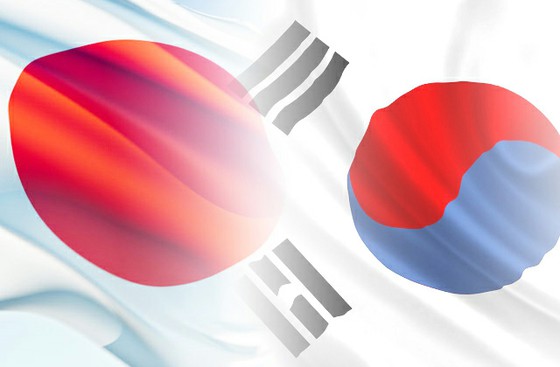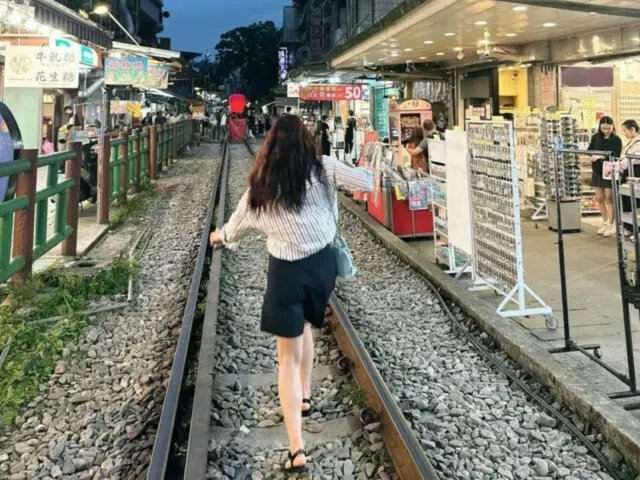 |
In November 2018, the Supreme Court ordered Mitsubishi Heavy Industries to compensate the plaintiffs in the former forced labor lawsuit. However, with regard to the compensation issue, Japan refused to comply with the 1965 Japan-Korea Claims Agreement, taking the position that it had already been resolved. As a result, in January 2019, the plaintiffs took steps to seize and sell (cash in) the company's assets in South Korea. In March 2019, the Daejeon District Court in the Chubu region decided to seize the company's two trademark rights and six patent rights in South Korea. The company filed an immediate appeal against the seizure order, but the same district court dismissed it. Dissatisfied with the district court's ruling, the company appealed again to the Supreme Court, but was dismissed.
Along with this, the district court decided in September last year to order the sale of the company's trademark and patent rights worth a total of about 500 million won (about 52 million yen) sought by the two plaintiffs. The company also appealed against this, but it was dismissed, and in April of this year, it filed a second appeal with the Supreme Court. On the other hand, the Supreme Court has not ruled on the re-appeal.
It is even said that the Japanese government is ready to impose sanctions if it is cashed, and if that happens, relations between Japan and South Korea will collapse. Therefore, both the Japanese and South Korean governments agree that cashing must be avoided.
President Yoon Seo-gyul, who took office in May this year, has expressed his desire to improve relations between Japan and South Korea, and has been vigorously taking action to resolve the issue of former forced laborers, which is the biggest pending issue between Japan and South Korea. A public-private council was established in July. It was presided over by First Vice Minister of Foreign Affairs Cho Hyung-don, and included scholars, legal professionals, former diplomats, and, at first, attorneys for plaintiffs in former forced labor lawsuits. However, the plaintiffs strongly opposed the Ministry of Foreign Affairs' submission of a written opinion to the Supreme Court explaining diplomatic efforts to resolve the issue of forced labor. "It's an act that completely loses the relationship of trust with the victim," he said, indicating that he will not participate in the council in the future. As a result, all parties concerned on the plaintiff side did not participate from the third meeting onward, and the fourth meeting held in September was the last. At the time, the Ministry of Foreign Affairs emphasized, "Although there will be no further conferences that are closed to the public and limit the number of attendees, the fourth conference is not the end of communication." He stressed that he will continue to collect opinions from plaintiffs and experts in a broader manner and focus on work to come up with a solution for the Korean government.
The South Korean government initially considered a subrogation plan using the South Korean government's budget to solve the problem, but the plaintiffs opposed it and decided that it would be difficult to realize. While searching for other measures, a proposal emerged for a foundation that supports former South Korean conscripted workers to solicit donations from companies in both countries and shoulder the reparations. The South Korean government seems to see this as the most promising solution at present.
Currently, the majority of the seats in the South Korean National Assembly are occupied by the largest opposition party, the Democratic Party of Japan, which is increasingly criticizing the Yoon administration's policy toward Japan as "weak diplomacy." If this method uses , there is no need to develop new legislation, so there is no need to worry about struggling in parliamentary deliberations. However, the plaintiff's side has indicated that it is necessary for Japanese companies to apologize and participate in the contribution of donations, even if a third party such as a Korean foundation intervenes. Since it is not clearly shown, the key is whether this gap can be filled.
A Ministry of Foreign Affairs official said on the 29th, "South Korea and Japan are currently discussing more concrete solutions than before." However, he did not disclose specifics.
On the 13th of last month, the Japan-South Korea summit was held in Phnom Penh, the capital of Cambodia. It was the first meeting in about three years since December 2019, and Prime Minister Fumio Kishida and President Yoon Seok-yue will seek an early resolution to the issue of former forced laborers in light of accelerating discussions between diplomatic authorities. We agreed that In addition, close discussions continue over the issue of former forced laborers, including a director-general-level meeting held in Tokyo on the 24th of last month.
While aiming for an early resolution, an official from the Ministry of Foreign Affairs told Yonhap News, "We have to talk to the plaintiffs and the Japanese side, and we also need to explore public opinion on how the (South Korean) people will accept it, and time is running out. Some have pointed out the possibility of announcing a solution by the end of the year, but it looks like it will take a little more time."
2022/12/05 12:59 KST


